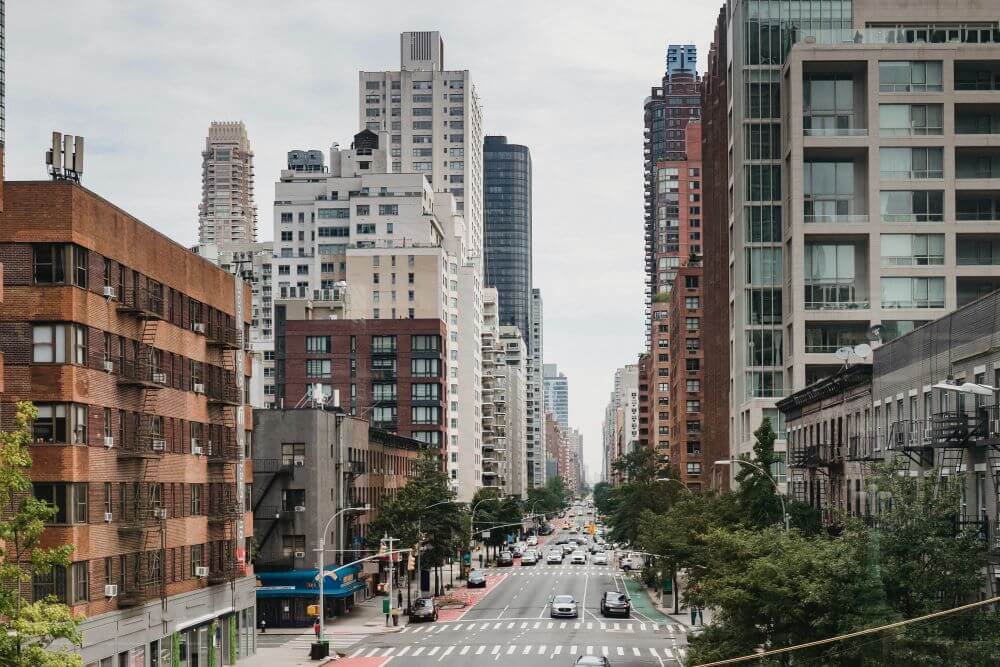If you’ve been a vacation rental host for a while, the thought of purchasing an additional property to add to your portfolio must have crossed your mind. Adding another location can really make your business take off. However, there is always the risk of buying a house that doesn’t attract enough guests or is too expensive to run.
Knowing which properties to invest in can seem daunting, but there are real estate investment formulas to help you determine what may or may not be a good investment. One such formula is the cap rate. Let’s take a closer look.
What is cap rate?
Capitalization rate, more commonly referred to as cap rate, measures the rate of return on a real estate investment. In other words, it measures the percentage gained or lost over a specified period of time. You compare the determined cap rate to the interest rate on the property to get an idea of which one will be the better investment.
It’s important to note that cap rate is commonly used to compare the risks involved in buying multiple commercial properties. Even though you can use it for single-family homes or for comparing individual properties, it may not be as accurate of a measure.
Remember, there are many things to consider when weighing real estate possibilities. Also keep in mind other factors, such as property characteristics and location, and other metrics to get a full read of the venture.

How to calculate cap rate
The formula for cap rate is simple: Capitalization Rate = (Net Operating Income/Value)*100.
So for example, if a property recently sold for $1,000,000, and the net operating income is $100,000, then the cap rate would be 10%.
The net operating income can be calculated by subtracting the gross operating income from the expenses. The gross operating income is the total income generated from renting out the property as a vacation rental. It can be found by lessing the vacancy rates from the potential rental income. The operating expenses of a property are the day-to-day costs of keeping the property running.
After finding this amount, you divide it by the property value. There is some debate about whether this should be the current market value or the purchase price, but the current market value is more widely used. You can find the amount by looking at property details or by checking out an online home valuation estimation tool. You then multiply this number by 100 in order to get a percentage.
What is a good cap rate?
There is no set percentage that is considered a good investment, but most investors will say between 5%-10% is best. It all depends on what rate of return you expect. Some investors are fine with having a slower return on investments, while others may want more immediate returns.
In general, a higher cap rate can also be considered riskier than a lower cap rate. Others go on to elaborate that if the cap rate is greater than the interest rate, it is likely a good investment and you can expect to come out ahead. On the contrary, if the cap rate is lower than the interest rate, it’s a riskier investment and you’ll have to rely on property appreciation to get your return on the initial price.

There are also some factors that the cap rate formula doesn’t take into consideration, such as emotional value or potential equity growth. If you are deciding between a vacation rental property with a 5% and 2% cap rate, and the 2% is your dream home, then it might not be a bad move to take the house with the lower cap rate. It just means it might take a bit longer to start making a profit from the property.
What factors impact cap rate?
Many factors influence cap rates, so it’s important to know what they are in order to make a fully informed decision. Here are some of the factors that have a noticeable impact on cap rate:
- Location: A property in a good location has a higher market value and a higher rent rate, which may make it have a lower cap rate than a property in a more up-and-coming neighborhood with lower rent.
- Market size: In a very competitive market cap rates will probably be lower than in smaller, more niche markets where there is a higher risk in purchasing.
- Potential for growth: Cap rates generally don’t take into account the potential for growth, so properties in a growing market can see an affected cap rate.
- Available inventory: The number of properties available to buy in an area can impact cap rates because the lower the inventory, the higher the demand.
- Property type: Some property types have higher cap rates than others. For example, commercial properties usually have a higher cap rate than residential properties.

Cap rate and vacation rentals
As we know, cap rate is a great tool for weighing the riskiness of investment real estate, which can help you decide whether or not to purchase a property to be used as a vacation rental. It can also help you determine if a specific location or city will make a profitable rental spot by analyzing and compiling data on the other properties in the area; that way, you will always get the best return on investment.
Be sure to take into consideration that vacation rentals differ a bit from normal properties when analyzing cap rates. Because they are not filled year-round, expenses and operating costs can vary due to the coming and going of guests, location, type of property, and method of property management. It is recommended to invest in a vacation rental with a high cap rate to offset its seasonality. Take your time to figure out these expenses along with utilities and taxes because all of these factors influence your calculation, and you want to get the most accurate read to fully understand your investment.
All in all, if you wish to make a smart property investment to help move your vacation rental business forward, be sure to include cap rate when you evaluate real estate metrics. Be smart about your investment property choices, and you are sure to reap the benefits.


